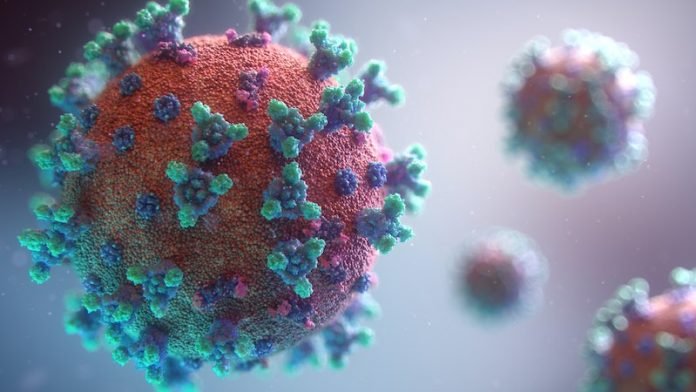
In a new study, researchers found that none of the mutations currently documented in the COVID-19 virus appear to increase its transmissibility in humans.
They did an analysis of virus genomes from over 46,000 people with COVID-19 from 99 countries.
The research was conducted by a team at UCL and elsewhere.
In the study, the team analyzed a global dataset of virus genomes from 46,723 people with COVID-19, collected up until the end of July 2020.
The researchers have so far identified 12,706 mutations in SARS-CoV-2, the virus causing COVID-19. For 398 of the mutations, there is strong evidence that they have occurred repeatedly and independently.
Of those, the researchers honed in on 185 mutations which have occurred at least three times independently during the course of the pandemic.
To test if the mutations increase transmission of the virus, the researchers modeled the virus’s evolutionary tree and analyzed whether a particular mutation was becoming increasingly common within a given branch of the evolutionary tree.
They found no evidence that any of the common mutations are increasing the virus’s transmissibility. Instead, they found most common mutations are neutral for the virus.
This includes one mutation in the virus spike protein called D614G, which has been widely reported as being a common mutation that may make the virus more transmissible.
The new evidence finds that this mutation is in fact not linked to strongly increasing transmission.
The researchers found that most of the common mutations appear to have been induced by the human immune system, rather than being the result of the virus adapting to its novel human host.
This situation is in contrast with another analysis by the same team of what happened when SARS-CoV-2 later jumped from humans into farmed minks.
The team says it is only to be expected that a virus will mutate and eventually diverge into different lineages as it becomes more common in human populations, but this does not necessarily imply that any lineages will emerge that are more transmissible or harmful.
Scientists need to remain vigilant and continue monitoring new mutations, particularly as vaccines get rolled out.
One author of the study is Dr. Lucy van Dorp (UCL Genetics Institute).
The study is published in Nature Communications.
Copyright © 2020 Knowridge Science Report. All rights reserved.



